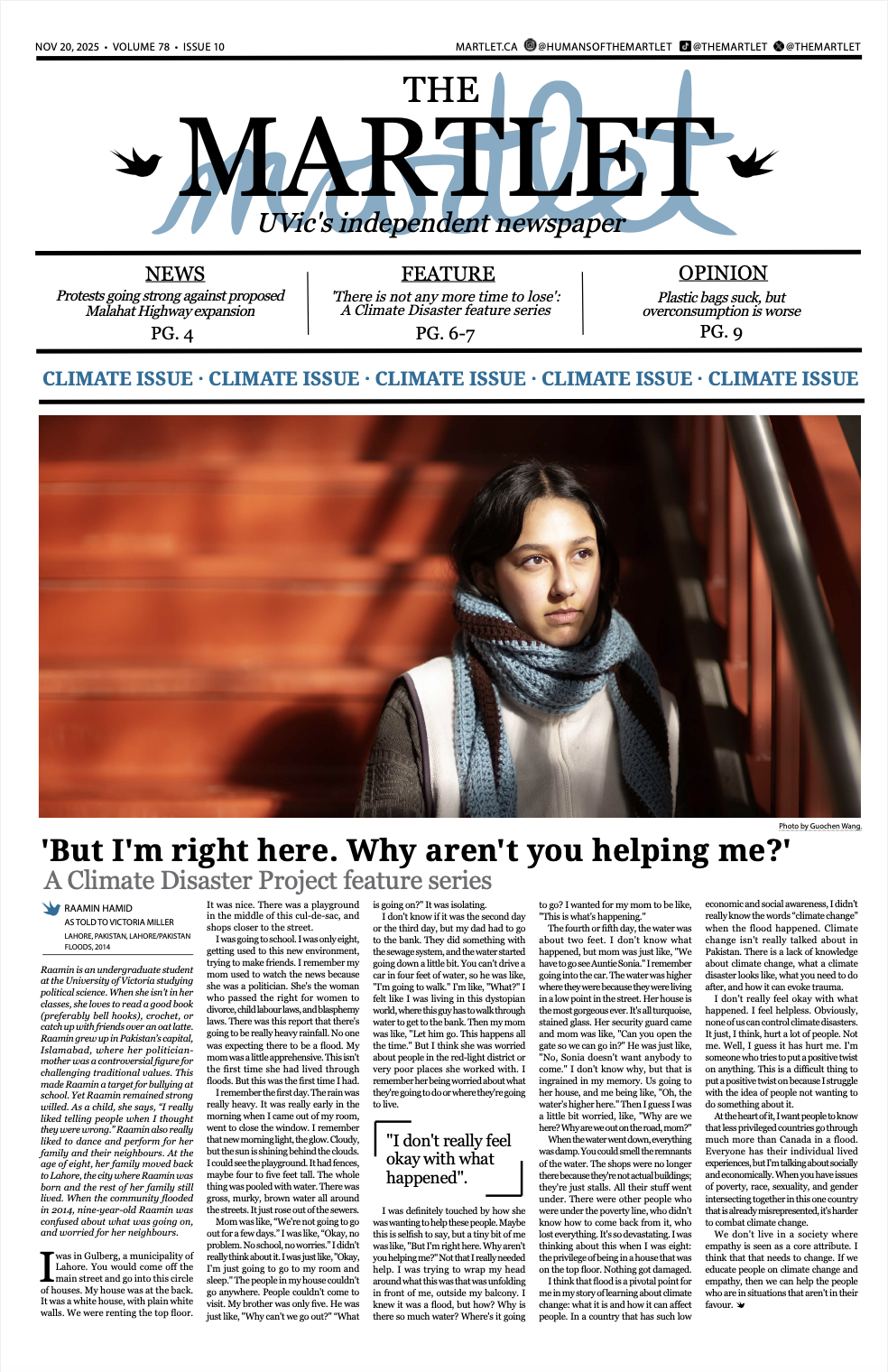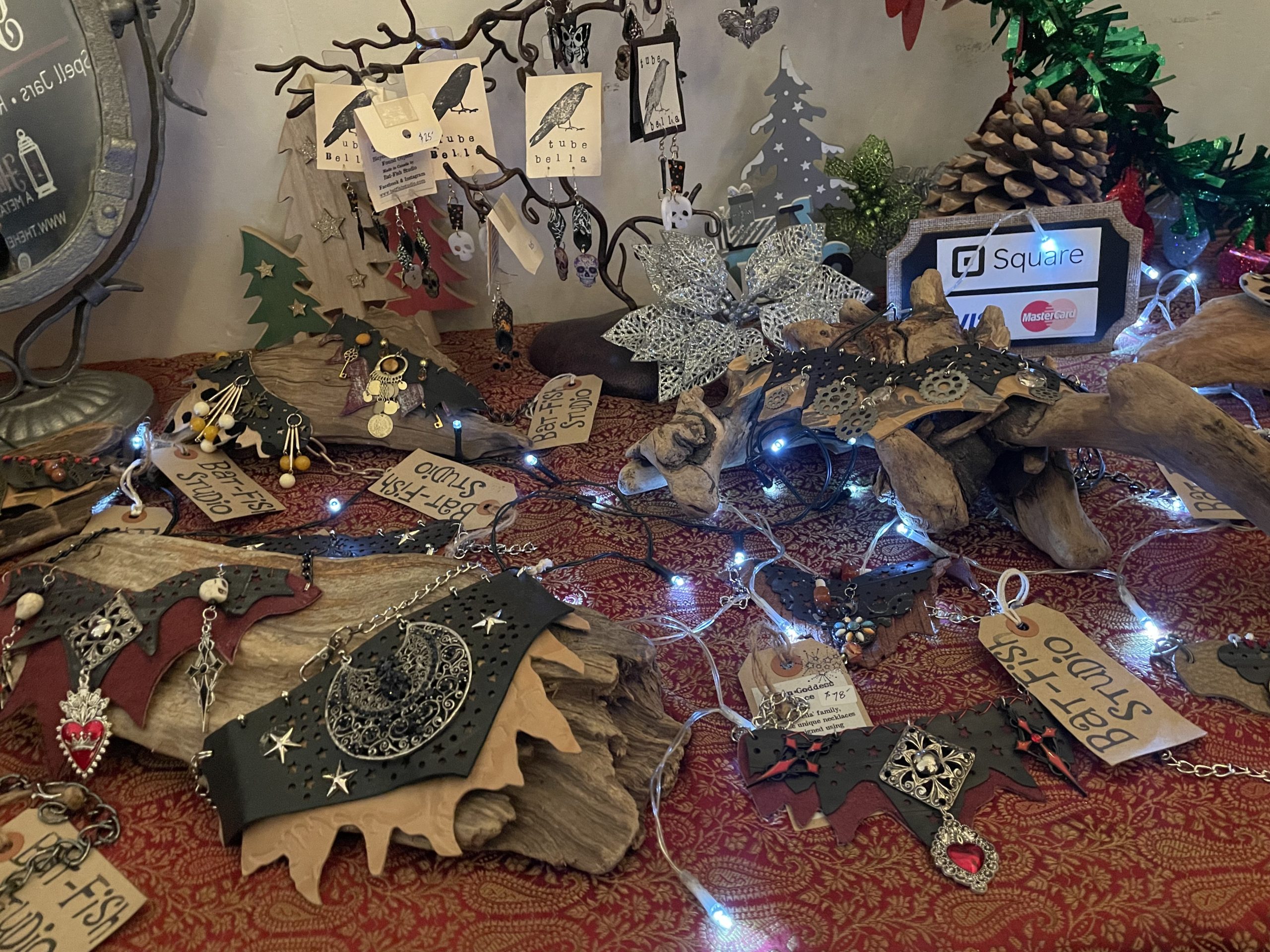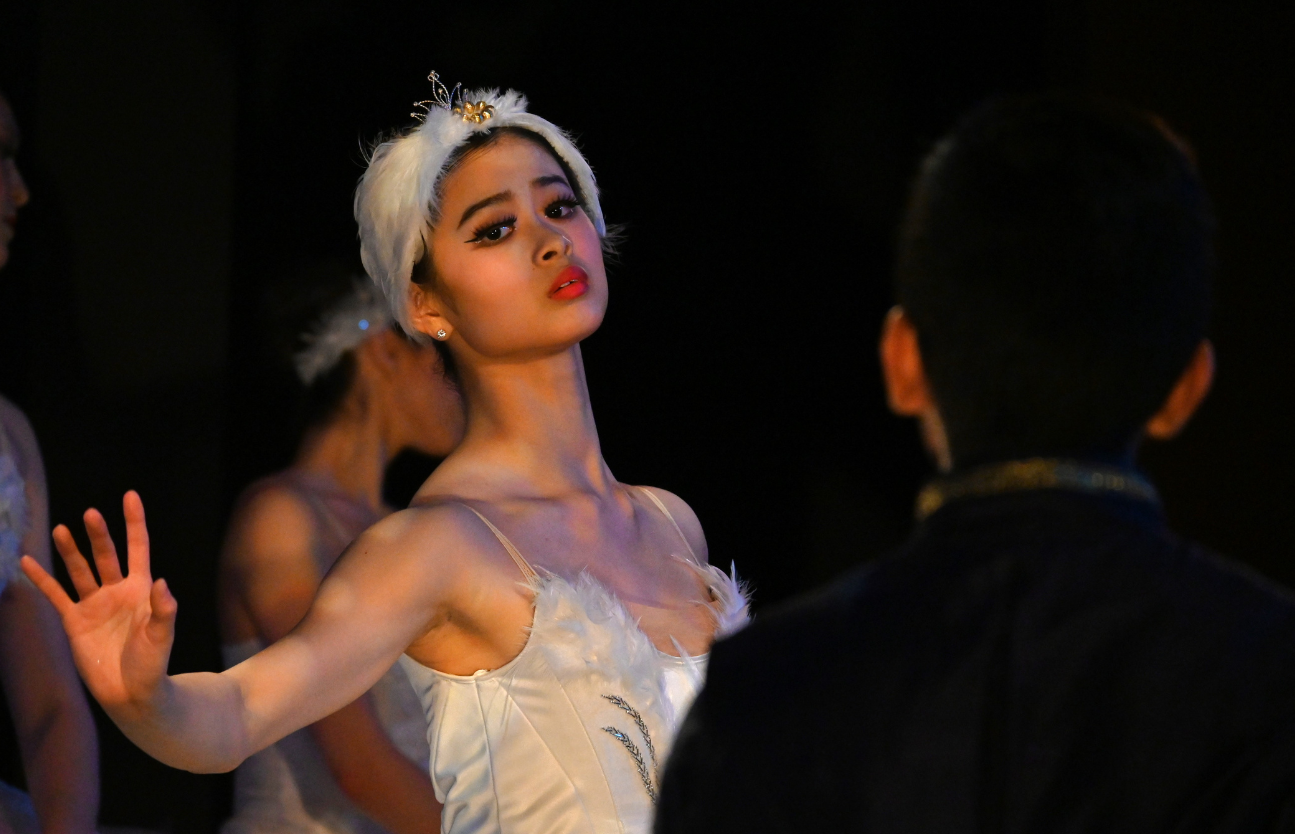Sometimes our perceptions of where certain art comes from affect our ability to accept that same art coming from something or someone different than the picture we have in our head. I’ve had this argument numerous times over the years regarding race and music. My white friends have often espoused the inability of anyone but old black men to play the blues, which is clearly untrue. The blues afflicts everyone, from all walks of life. Now, close your eyes and think of “reggae.”
You’re probably thinking of Jamaican brothas with long dreadlocks and beards, toking in the sunshine of a tiny island nation. Indeed reggae has become Jamaica’s greatest national export, a universally recognized cultural identity. But, just like the blues, reggae can be found almost anywhere. Even with a Jewish kid from New York.
“I think of reggae as Jewish music and I know a lot of people wouldn’t think that at all,” says Michael Goldwasser, co-founder of Easy Star Records and one of the masterminds behind the Easy Star All-Stars and their ongoing mission to reimagine every great modern non-reggae record. “Reggae made sense to me from a very young age because I’m Jewish and a lot of Rastafari iconography, even the religion, is very strongly rooted in the Jewish religion and scripture. When I started getting into Bob Marley, I realized that a lot of his lyrics were straight out of the Jewish Bible—word for word translations that he was getting through the Christian adaptation of that.”
It may seem like a bit of a stretch at first, but it’s an exceedingly easy theory for Goldwasser to back up. “I think any serious Rasta understands the Jewish roots of this stuff. The iconography of things like the idea of a return to Zion, that’s a Jewish concept. Literally Jerusalem is on Mt. Zion, but for Rastas, Zion is Ethiopia. The idea of the Lion of Judah, that comes from Judaism. Judah is one of the 12 tribes of Israel.”
Even when the words and subject matter of a music genre speak to you, they are nothing without the right vibes flowing through the sound system. “It makes sense to me. I like it. I gravitate towards it. I don’t love all reggae, like any style of music there’s plenty of crap out there, but if I just hear even a crappy reggae song in the distance I still kind of feel the vibes of music,” says Goldwasser.
It’s this love of the deep groove of Jamaican music that inspired Goldwasser to help found Easy Star Records in the ’90s. Since its conception, the label has been a beacon for traditional-sounding roots reggae and, perhaps most notably, the home of Easy Star All-Stars, a rotating collective of the best players from Easy Star’s releases, à la Coxsone Dodd’s Studio One in the early days of reggae.
The group has made a name for themselves with the wildly imaginative retellings of classic albums like Pink Floyd’s Dark Side of the Moon (Dub Side of the Moon), Radiohead’s OK Computer (Radiodread), the Beatles’ Sgt. Pepper’s (Lonely Hearts’ Dub Band), and most recently, Michael Jackson’s Thriller (Thrillah).
Thom Yorke and Johnny Greenwood have both publicly praised the group’s take on their landmark record, with the latter going so far as to call it, “Truly astounding.” Goldwasser says it’s not the only positive response he’s received from artists. “Most famously, David Gilmour was being interviewed, I think in support of his last solo album, but he was being interviewed on BBC 1 and the host asked him, ‘Do you know about Dub Side of the Moon?’ And Gilmour said, ‘Aww yeah, it’s great fun. I wish I had of seen them while they were in London, but I found out about it too late.’ So that was pretty cool to hear that. Roger Waters sent us a fax, back in the days when people still used faxes, saying that he received our copy and appreciated getting it, but it’s his policy not to comment on covers of his work. Of course I respect that.”
There are still a couple of artists who have yet to comment on the interpretations from Goldwasser and Co. “Still waiting for a phone call from Sir Paul McCartney. Obviously there’s no way to get Michael Jackson’s opinion on our version of Thriller, but as corny as it sounds, I think he would have liked it if he heard it. I think he’d appreciate it.”








